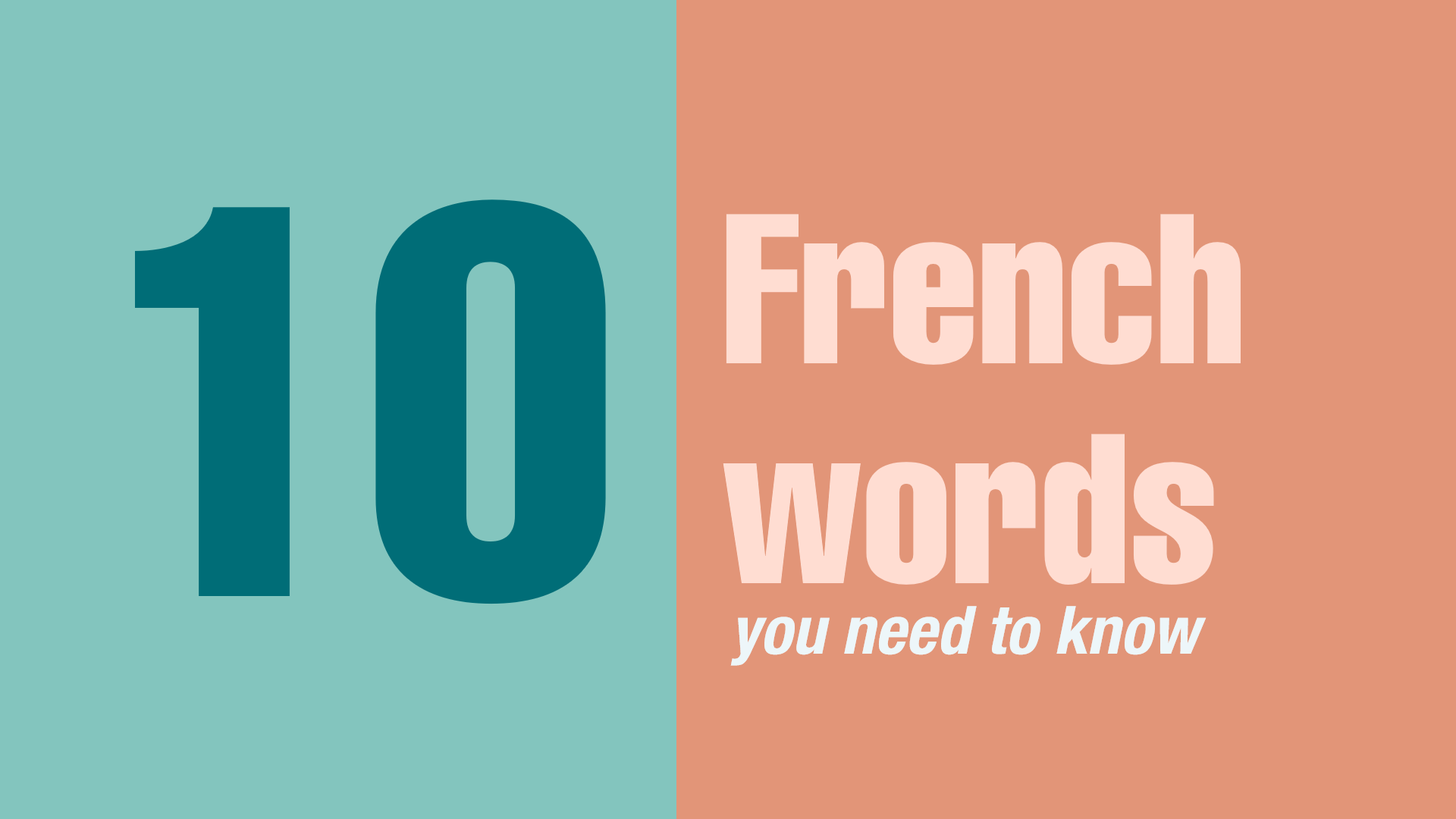10 French Words you need to know in English
There are many words in the English language that have come from French. French was the official language in England while Middle English was developing. A lot of those words became anglicized (made into English). According to the analysis by Andreas Simons, French and Latin make up 56% of the English vocabulary (top 5,000 words). We could spend a long time trying to analyze all of these words.

So, today I would like to focus on words and phrases that SOUND French but are used in English. We will explore more French words in future lists.
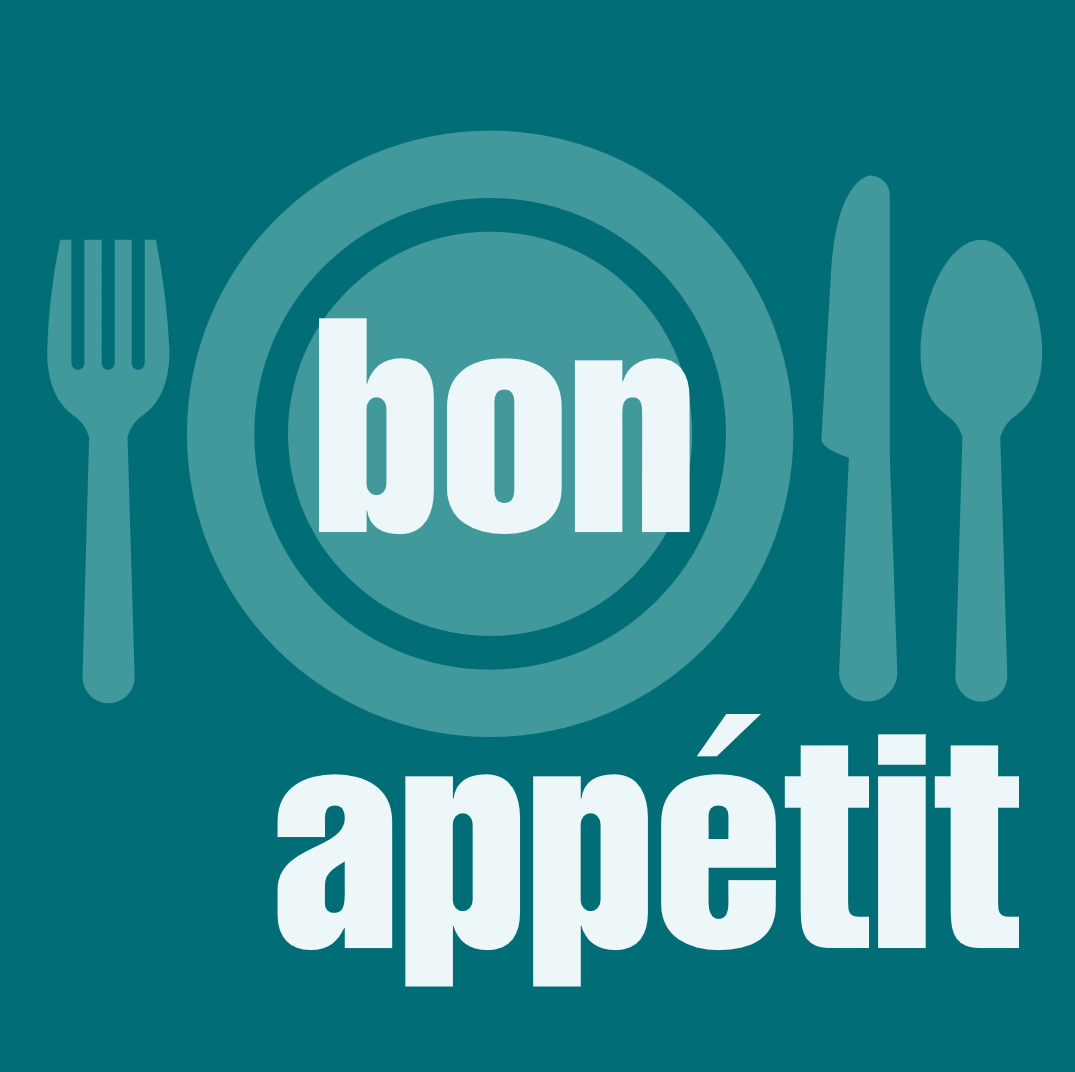
Bon Appetit
Bon = good
Appetit = eating
A common question I get from Korean is how to say, “맛있게 드세요“ in English. The closest we can get to the Korean phrase is Bon appetit. Alternatively, you could say, “have a good meal” or “dig in” but bon appetit is far more common.
Bon appétit can be written with or without the accent on the ‘e’. A similar word, appetite is the strong desire for food.
Example: Thank you for joining us for dinner. Bon appetit!
Carte Blanche
Carte = chart, card, paper
Blanche = white
Carte blanche means blank paper. There is nothing written on it, so anything is possible. We usually say that you “have” or are “given” carte blanche. It is like saying that you are given a blank piece of paper and can do whatever you want with it. Carte blanche give the person ultimate power.
Example: We gave our advertising team carte blanche to promote our company anyway they want.

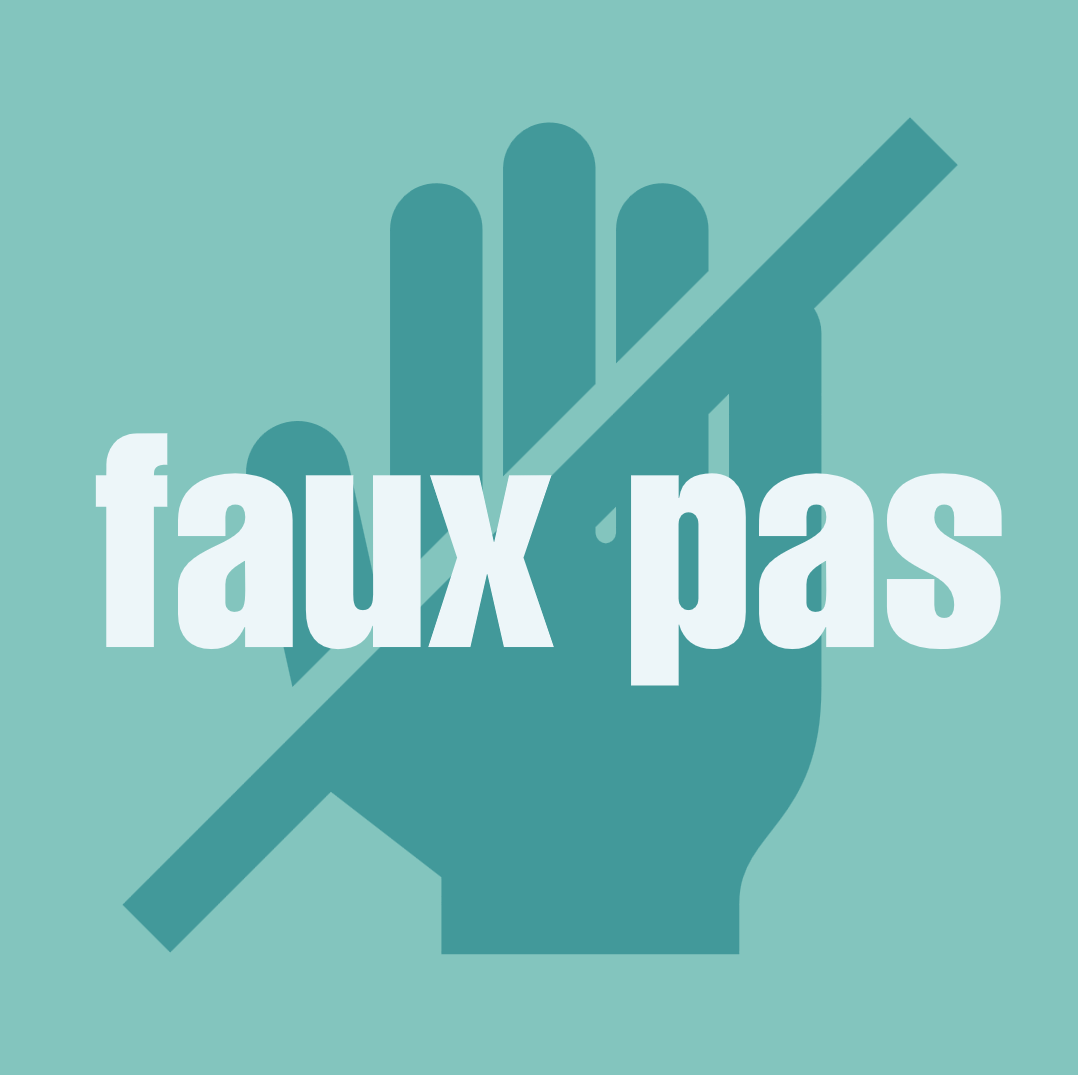
Faux Pas
Faux = false, fake, wrong
Pas = don’t do it, not
A faux pas is something that causes awkwardness, embarrassment, or offense in a social situation. It is not illegal, just not something that society likes. It might be something embarrassing or a mistake.
Example: leaving your cell phone on during a meeting is a faux pas.
Bon Voyage
Bon = good
Voyage = travel
Bon voyage is something you say to someone who is going on a vacation. It is usually said instead of goodbye when the person is leaving.
Example: Hey Ted, I heard you are going to Las Vegas now. Bon voyage!

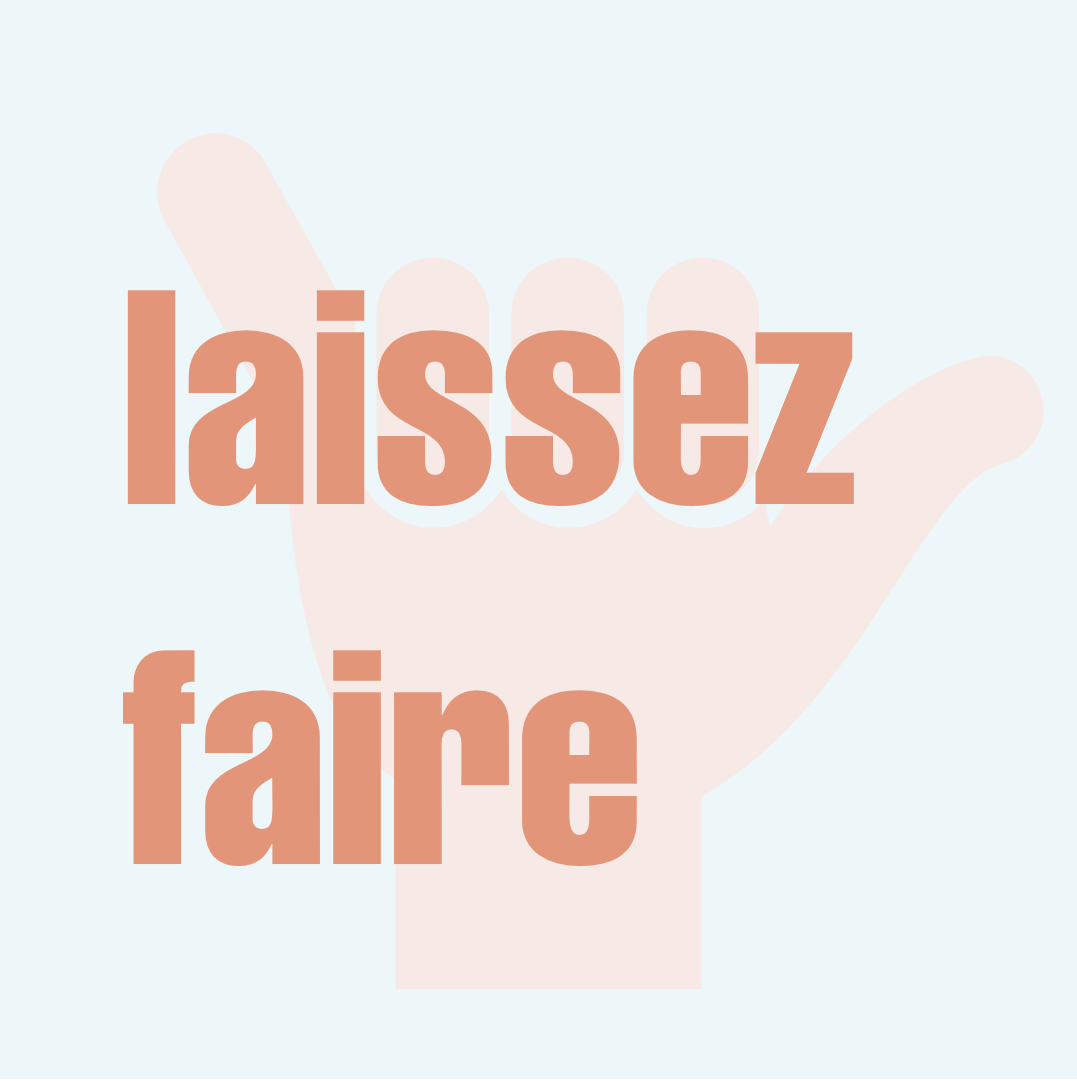
Laissez Faire
Laissez = allow, let, leave
Faire = do, make
Liassez faire is a way of looking at the world. It can be a policy or attitude where you just let things happen. It is sort of like saying that you just don’t care what happens. In a laissez faire system, no one is trying to control anything else. Laissez faire is most often used to talk about economics or politics, but it can also be applied to an individual.
Example: She has a laissez faire attitude towards personal hygiene.
Rendezvous
Rendez = return
Vous = you
A rendezvous is a meeting or appointment. It is usually a meeting between two people. Because of its French-sounding pronunciation, it can sound like a romantic meeting.
Example: Romeo is going to have a secret rendezvous with Juliet tonight.


RSVP
Repondez = answer, respond
S’il vous plait = please
RSVP stands for répondez s'il vous plait. It means, “please respond.” You will see this a lot on invitations. Weddings usually ask their guests to RSVP through the invitation so they know how many people will attend.
Example: Can you RSVP as soon as possible? I need to know how much food to cook.
Au Naturel
Au = to (preposition)
Naturel = natural, normal
Au naturel means naked. It is a euphemism for being naked. I guess the idea is that humans, like all other animals, are naturally unclothed. It is used humorously. It is sometimes misspelled as “au natural” or “au naturale.”
Example: I sleep au naturel.


Hors d'oeuvres
Hors = except, apart from, outside of
d’oeuvre = work, the artwork
Hors d’oeuvres are also known as appetizers. As we saw earlier, appetite means a state of hunger. So, these are small portions of food that are given before a meal to make the person hungrier.
Example: The waiter brought out the hors d’oeuvres way before the meal.
C'est la Vie
C’est = That is
La vie = life
C’est la vie means, “that’s life.” It is a way of saying that you can't control it, it is just going to happen. It can also be a way of expressing that it is just part of being human. It has a feeling of passive acceptance. It is almost like saying, “Oh well” or shrugging your shoulders.
Example: I am sorry that your boyfriend broke up with you. C’est la vie.
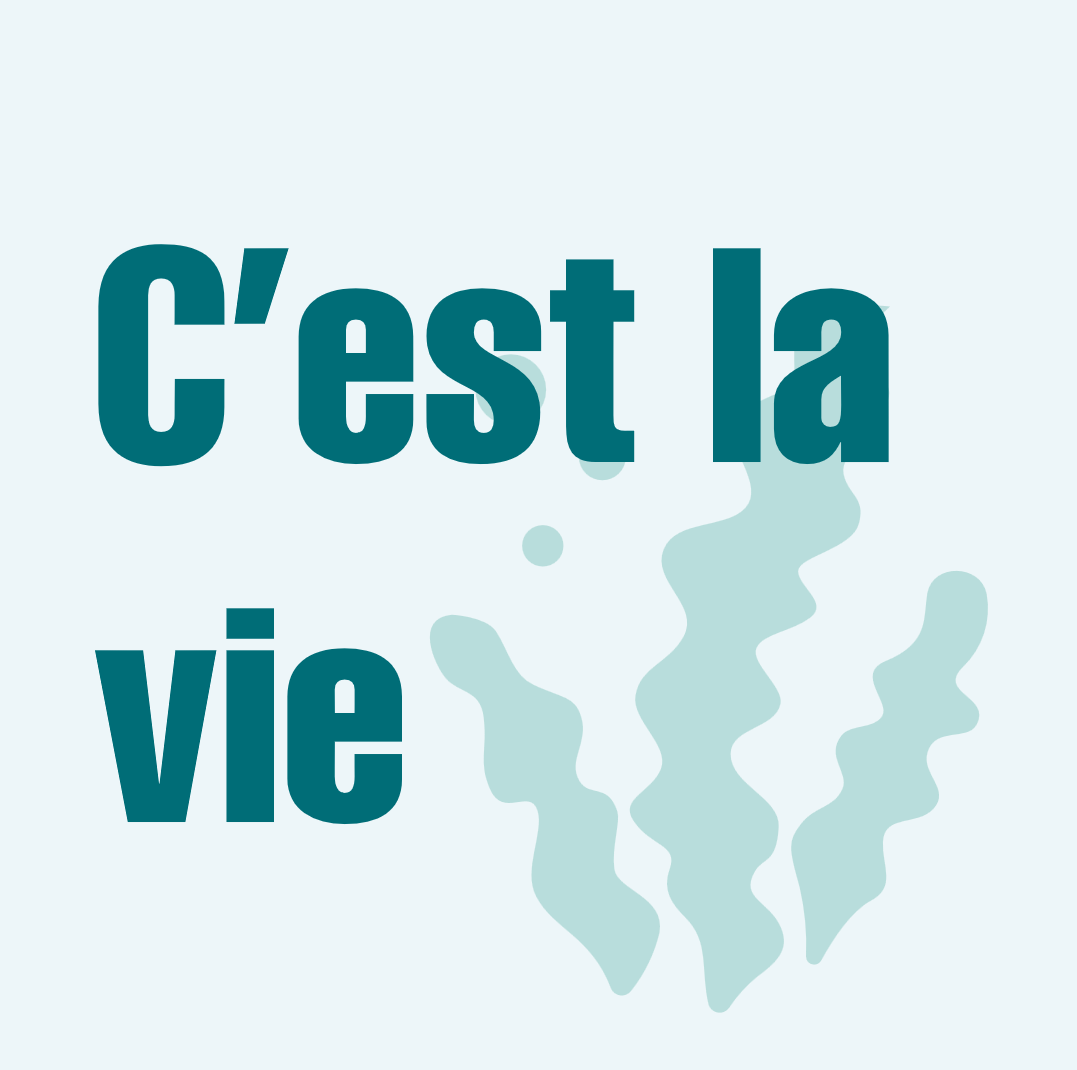
If you like this list, you may enjoy 9 Korean Words in English Dictionaries


